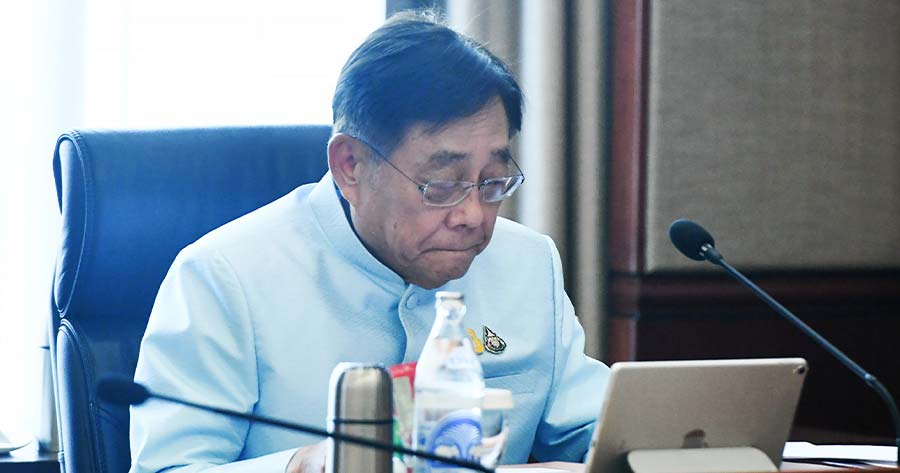Thailand is seeking further stimulus measures to bolster its economy following lower-than-expected growth in the first quarter, according to the country’s finance minister on Tuesday.
The economy of Southeast Asia’s second-largest nation expanded by 1.5% year-on-year in the first quarter, surpassing analysts’ projections but falling short of the 1.7% annualized growth recorded in the previous quarter.
Finance Minister Pichai Chunhavajira acknowledged the underperformance, stating that while there was still growth, it did not meet expectations. He emphasized the necessity of implementing short-term economic stimulus measures without providing specific details.
Pichai revealed that the cabinet had approved a plan to increase the budget for the fiscal year 2024 to help finance a 500 billion baht digital handout scheme. The exact budget augmentation, not to exceed 122 billion baht as initially estimated by the Budget Bureau, is yet to be determined in the current month. This adjustment would bring the total 2024 budget to 3.6 trillion baht, with plans to seek cabinet approval for the enhanced budget on May 28.
The government’s proposed “digital wallet” initiative involves granting 50 million beneficiaries 10,000 baht each to stimulate spending in their local communities over six months. However, the central bank suggested that the disbursement should focus solely on vulnerable groups.
To fund the scheme, the government aims to utilize budgets from 2024 and 2025 alongside financial assistance from the state-owned Bank for Agriculture and Agricultural Cooperatives.
The finance ministry revised its 2024 economic growth forecast to 2.4% last month, although it could potentially reach 3.3% if the stimulus plan is executed in the fourth quarter as envisioned.
Conversely, the state planning agency slightly adjusted its 2024 growth projections to a range of 2.0% to 3.0% while indicating that the subsidy program could contribute an additional 0.25 percentage points to this year’s growth.
Thailand’s economic development lags behind its regional counterparts due to challenges such as high household debt, elevated borrowing expenses, and feeble export performance amid an irregular recovery trajectory in primary trade partner China.





